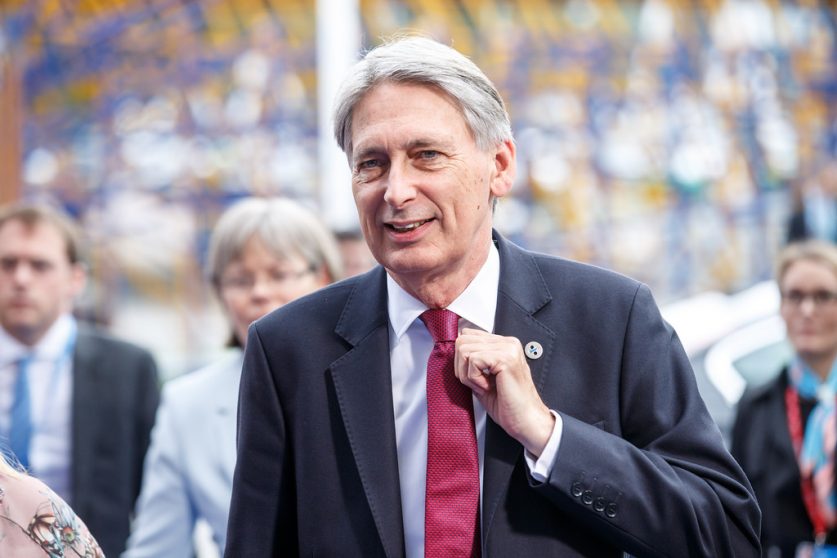
The 2018 Budget has caused disappointment within the UK renewables industry and Solar Trade Association.
The 2018 Autumn Budget has left the UK renewables lobby disappointed as there was no mention of bolstering the clean energy industry. Previously, there had been suggestion that the overhaul of tax benefits would help fund on-site generators. There was also no comment on climate change, or renewable energy whatsoever.
To make matters worse, growth in clean energy has been a “central factor of the government’s industrial strategy”. Its absence from the Budget is a frustration for the renewables industry. However, there was reference to solar and small-scale renewables.
There will be a reduction from 7% to 6% in the capital allowances special rate “for qualifying plant and machinery assets—which includes commercial rooftop solar installations”.
The Chancellor has also confirmed the removal of Enhanced Capital Allowances and First Year Tax Credits “for all energy efficiency technologies”, which include solar thermal as well as several battery storage assets. It has been argued that there are better, “more effective ways” to support energy efficiency in businesses.
The ‘Industrial Energy Transformation Fund’ has been introduced to take the place of tax benefits which have been designed “specifically to support intensive energy users”. While some details are yet to fully hashed out, this fund is valued at £315 million, and will be used to help businesses “transition to a low carbon future”.
Evidence supporting the effectiveness of the new business energy efficiency scheme will be required. This scheme exists to help businesses which are too small to qualify for the Industrial Energy Transformation Fund.
However, these additions to the 2018 Autumn Budget do not accomplish enough for the renewables lobby. James Court, the policy and external affairs director at the Renewable Energy Association, commented on the frustrating nature of the budget, especially on the fact that it did not mention renewables.
Court believes it was a missed opportunity for the Government to take a leading stance on future energy technologies. He explained, “There is huge support for renewables across the country, parliament, and even within government, yet the Treasury continues to stymie the potential growth in this sector”.
There was also dissatisfaction voiced by the Solar Trade Association because of Hammond’s “failure to amend what it has termed unfair tax and market treatments levied against solar and other small-scale renewables”. In addition to calling for the export tariff to be maintained, the Solar Trade Association has also called for other unfair treatments, “especially business rates”, to be amended.
Chris Hewett, chief executive of the Solar Trade Association, spoke on the Budget disappointment: “This government claims to support clean, green technologies, but this rhetoric is far from being matched by even the most modest of actions. Solar is the biggest clean energy market in the world today and by putting obstacles in the path of this technology the government is frustrating the urgent energy transition and putting British industries at a disadvantage in global clean energy markets”. Jeremy Corbyn echoed this sentiment. Speaking on the cuts to backing pro solar, Corbyn called the move a “failing to project the environment [and] our futures”.
In response to the Budget, Lawrence Slade, Energy UK’s chief executive, stated that while it does not agree with the direction the Government is taking with regards to Carbon Price Support rates, it is “encouraged by the intention to maintain a carbon price signal in the case of a ‘no deal’ Brexit scenario”. By preserving a “robust carbon price signal”, potential investors are more likely to be confident in new low-carbon generating technologies.




